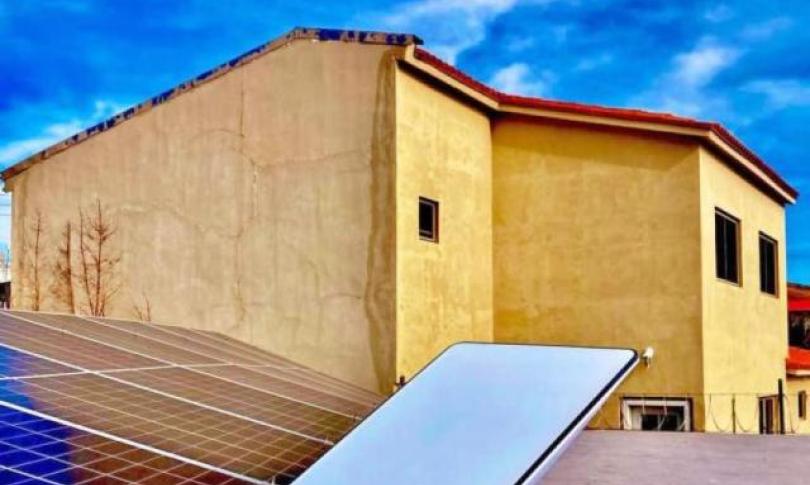
As the West African region embraces the Fourth Industrial Revolution, Starlink's contribution is poised to be a catalyst for innovation and progress. Benin now joins the expanding list of African nations that benefit from Starlink’s cutting-edge, high-speed internet solutions, after Kenya, Malawi, Mozambique, Nigeria, Rwanda, and Zambia.
SpaceX’s Starlink has announced its recent approval and licensing to offer internet services and high-performance connectivity in Benin, West Africa. This milestone follows completing all necessary paperwork and agreements with Benin’s regulatory authorities.
“This development is a significant step in Benin’s strategy to bolster its digital economy and connect its citizens to the global digital landscape”, it says in a statement.
Introducing high-speed, low-latency internet access through Starlink’s Low Earth Orbit (LEO) satellite constellation promises to be a game-changer for Benin.
Victor Tagborloh founder/ CEO of Galaxy IT Groups in Ghana and a member of the IT experts on the project says this move addresses the critical need for reliable and affordable broadband internet services, particularly in rural areas that have been underserved or completely lacking in traditional telecom infrastructure.
“This connectivity revolution also opens up exciting possibilities for businesses and individuals nationwide, who can now harness the advantages of satellite-based internet thereby addressing not only unemployment but also rural urban migration because access to internet for businesses has dragged a lot of youths to urban centers.
West Africa is set to experience a digital revolution with the introduction of Starlink Internet, a satellite-based network that promises to redefine connectivity in the region. This innovative technology, spearheaded by SpaceX, aims to address the limitations posed by traditional fiber optic networks and usher in a new era of faster, more reliable internet access, he added.
Edward Newton, hails from Ellembelle district of the Western Region of Ghana. As a software engineer he couldn’t return home after studying in the capital to setup his own business because it’s difficult to access mobile network talkless of internet connection.
“I have always had the desire to go home and set up something for myself and the community but it’s difficult to do because you have to climb trees to have access to mobile networks so internet connectivity is not available. I graduated 6 years ago from the University and I am stuck here in the city of Accra where everything seems to be happening”.
Unlike conventional fiber optic infrastructure, which requires extensive physical cabling and can be hampered by geographical challenges, Starlink relies on a constellation of low Earth orbit satellites. This unique approach eliminates the need for complex terrestrial installations and allows for a more flexible and efficient deployment of internet services across West Africa's diverse landscape.
One of the key advantages of Starlink in this context is its ability to reach remote and underserved areas that were previously inaccessible through traditional means. The low Earth orbit satellites ensure a more direct line of sight, reducing latency and providing a consistent and high-speed internet experience. This development holds immense potential for bridging the digital divide in West Africa, fostering economic growth, and enabling communities to participate more actively in the global digital economy.
In Ghana, though currently there’s no national effort break the monopoly enjoyed by some telcos, the private sector is readily available to explore the new world of digital services of star link.
According to Victor Tagborloh, the impact of Starlink on education, healthcare, and commerce in West Africa is anticipated to be substantial. Access to high-speed internet will facilitate online learning, telemedicine services, and e-commerce, empowering individuals and businesses alike
However, Starlink's reliability in the face of natural disasters or disruptions stands out as a crucial factor. Traditional fiber optic networks are susceptible to damage, especially in regions prone to environmental challenges. Starlink's satellite constellation, positioned in space, is less vulnerable to such terrestrial hazards, offering a resilient alternative for maintaining internet connectivity in adverse conditions.
